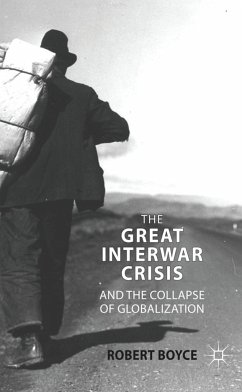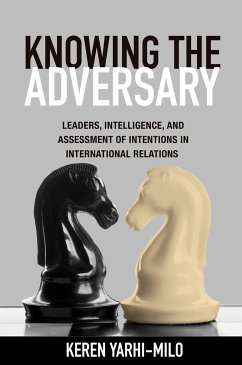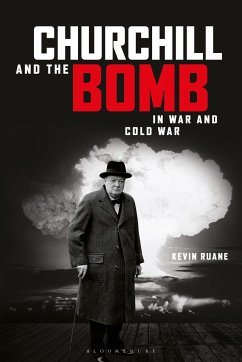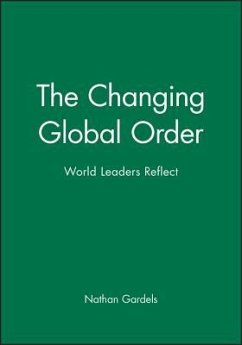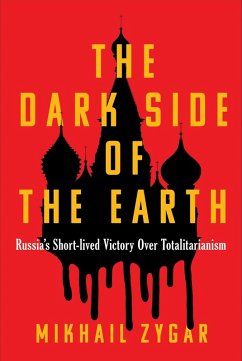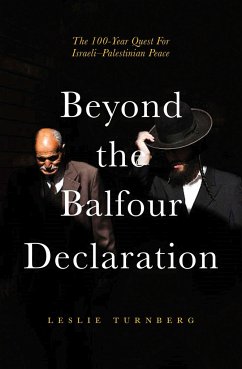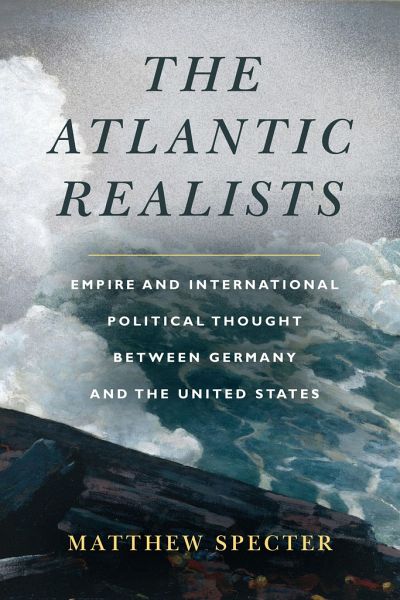
The Atlantic Realists
Empire and International Political Thought Between Germany and the United States
Versandkostenfrei!
Versandfertig in über 4 Wochen
126,99 €
inkl. MwSt.
Weitere Ausgaben:

PAYBACK Punkte
63 °P sammeln!
"Historians of US foreign policy have noted the prominence of self-proclaimed "realists" among them: George Kennan, Kenneth Waltz, and Henry Kissinger, to name a few. But histories of what today we call realism in international relations theory have rarely sought to trace the origins of these schools of thought to the twentieth-century German political contexts that are primarily responsible for their emergence. Similarly, historians of German imperialism from the late nineteenth century through the Holocaust have often neglected the United States as a source of the ideas and practices of grea...
"Historians of US foreign policy have noted the prominence of self-proclaimed "realists" among them: George Kennan, Kenneth Waltz, and Henry Kissinger, to name a few. But histories of what today we call realism in international relations theory have rarely sought to trace the origins of these schools of thought to the twentieth-century German political contexts that are primarily responsible for their emergence. Similarly, historians of German imperialism from the late nineteenth century through the Holocaust have often neglected the United States as a source of the ideas and practices of great power politics. This book offers a genealogy of realism in the work of lawyers, political scientists, international relations theorists, and diplomats from 1890 to 1960, exploring the transatlantic connections between the modern American and German empires. Reconstructing this transnational circulation of ideas between the US and Germany reveals the concordances between the American and German imperial experiences and their intellectual imaginaries. Matthew Specter discusses key figures in the evolution of the realist tradition, including the Nazi German jurist Carl Schmitt, American Hans Morgenthau, the âemigrâe founder of international relations theory in the 1940s, and German diplomat Wilhelm Grewe. Specter challenges us to excavate the realist tradition for the racial and spatial dimensions of an Atlantic history that encompasses the Monroe Doctrine and the Spanish-American War, the Treaty of Versailles and the Holocaust, the division of Germany and the creation of global American empire"--



